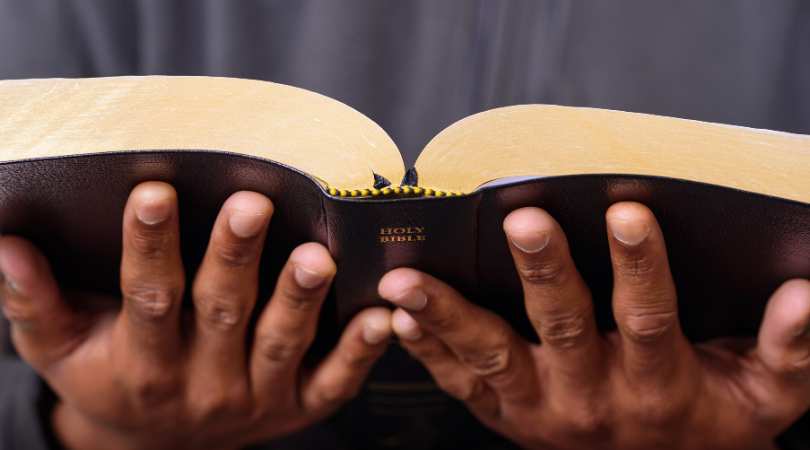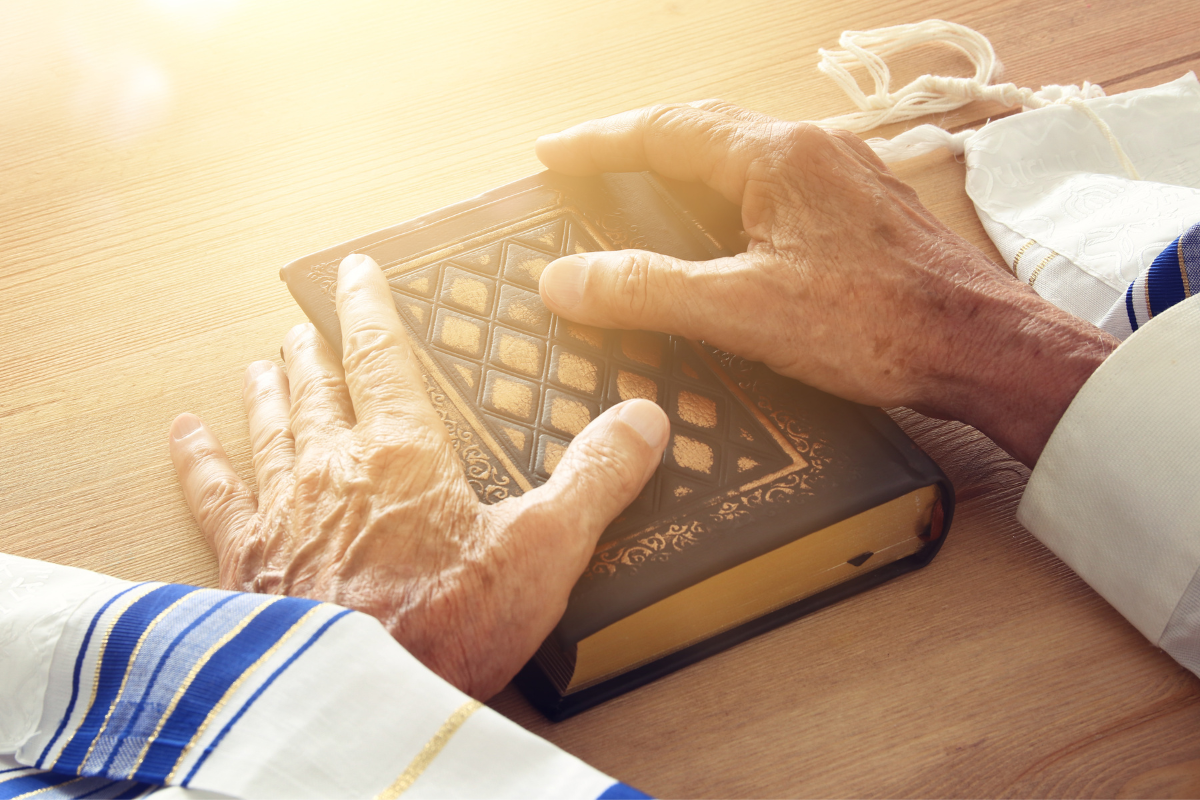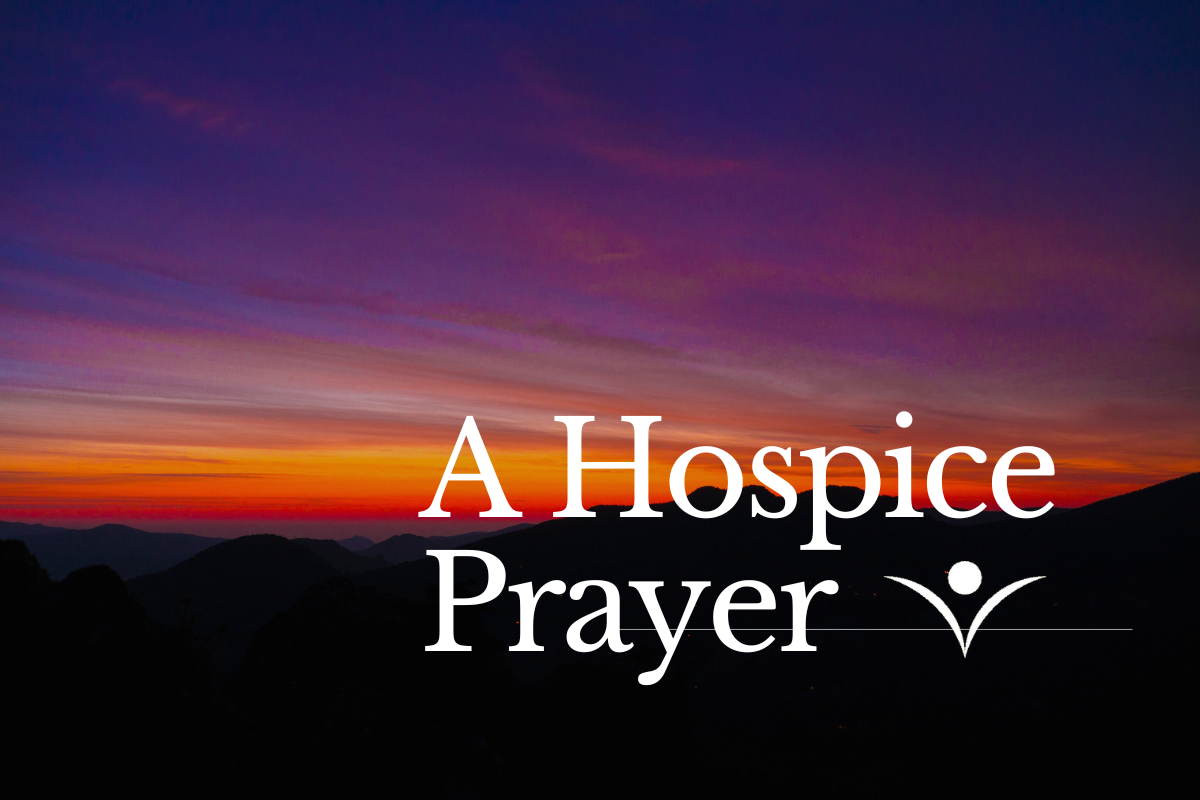Helping People to Connect to the Divine

One of the many duties of the chaplain in the healthcare system is to help patients and loved ones find a sense of peace in the time leading up to a patient’s transition. As medical care professionals, we encounter people from many different backgrounds and traditions.
As an ordained Christian minister, many people assume that the purpose of the chaplain is to evangelize. However, this is not the case at all and some of my fondest memories include chanting with a Hindu patient, praying with Native American patients in their tribal language, and meditating with Zen Buddhists.
As chaplains, we are charged with assessing the spiritual needs of patients and families and working in partnership with them to connect them with the resources they desire in an emotionally charged time. What’s most important to remember is that the role of the chaplain is to facilitate the needs of the patient and family first and foremost. We will not impose our own beliefs.

Who is the chaplain?
There are many misconceptions about the role of chaplains in the medical environment. Many associate the chaplain with death only. But chaplains play a vital role in making life more meaningful after a terminal diagnosis. All chaplains are endorsed by faith tradition; however, they have additional training in how to meet people in crisis regardless of faith tradition or background. Chaplains specialize in helping people tell their stories and clarify meaning in their own lives by asking questions and providing compassionate listening. While chaplains can provide compassion in a time of need, sometimes it is necessary to connect with specific rituals related to their own tradition.

When does a chaplain reach out to other faith leaders?
Sometimes a chaplain will reach out to other faith leaders to meet the needs of the patients and families. One of the most common instances of this is when our Catholic patients desire rituals that only a priest can provide. For instance, we frequently call a patient’s parish priest to provide the Sacrament of the Sick (what used to be known as “last rites”) because only a Catholic priest can provide this sacrament. If a ritual requires a spiritual leader from a specific denomination that is different from the chaplain’s denomination, a chaplain will reach out to those who can meet the need in order to help the patient.

How to Ask for What You Need
A trained chaplain will have skills in recognizing spiritual needs and desires of people in this vulnerable time in their lives. However, sometimes it is necessary to speak up and ask for assistance if the chaplain has not recognized a deep need within the patient. Those that we serve should never hesitate to ask for help in securing the spiritual support that is needed during this time. Wherever one is along the faith spectrum, a chaplain is ready to listen and be supportive.
To learn more about how Crossroads Hospice & Palliative Care provides spiritual support to terminally ill patients, please call 1-888-564-3405.
If you found this information helpful, please share it with your network and community.
Copyright © 2020 Crossroads Hospice & Palliative Care. All rights reserved.




